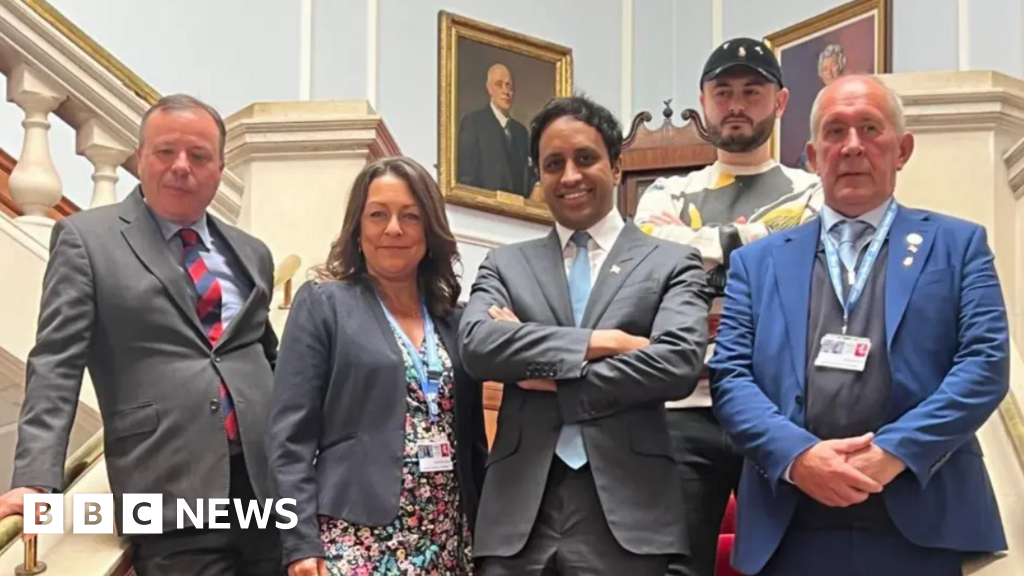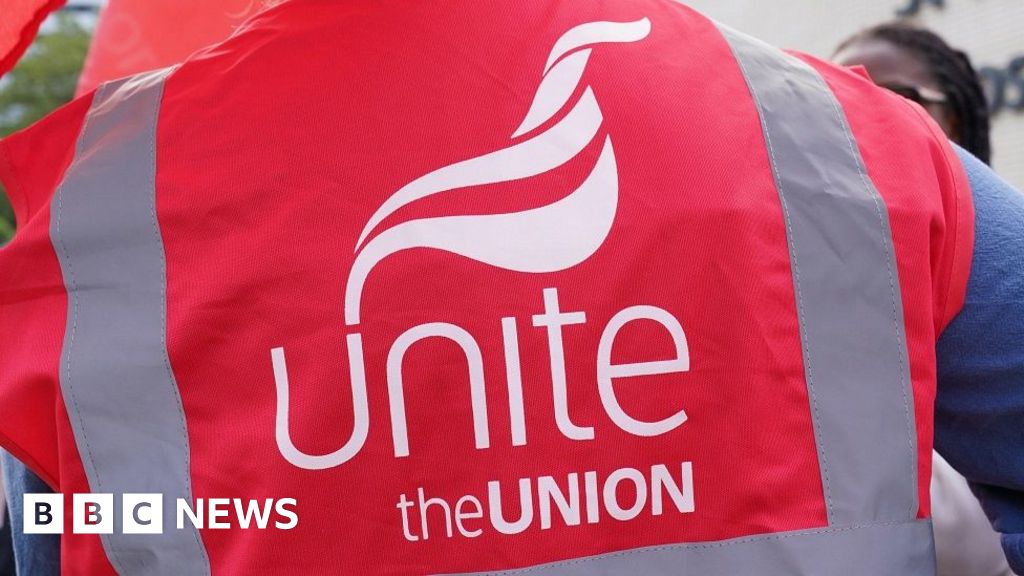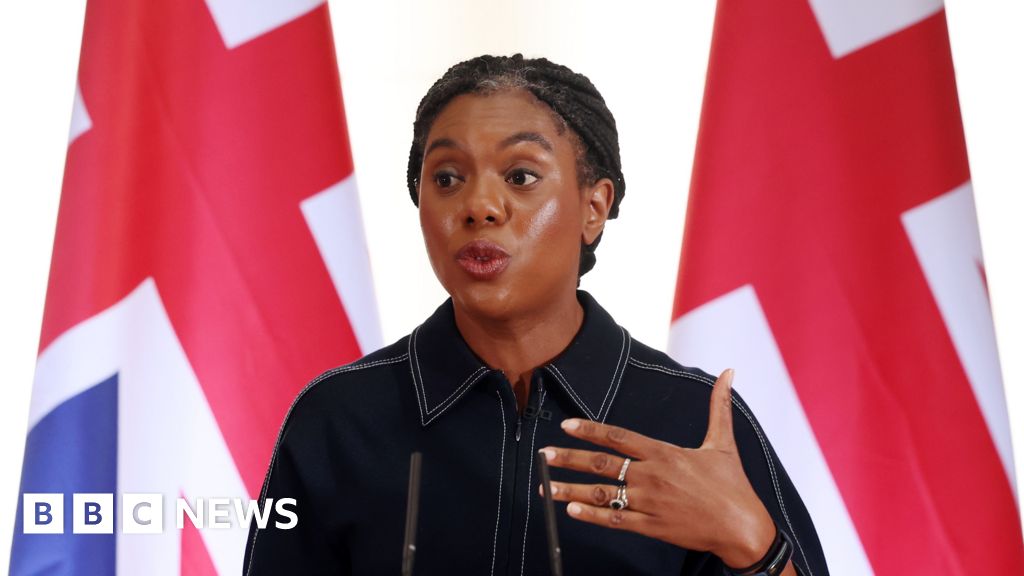ARTICLE AD BOX
By Jonathan Blake & Brian Wheeler & Jennifer Scott
BBC Politics
Fewer than one in four homeless people housed by the government's Everyone In scheme have moved into permanent accommodation, according to figures seen by the BBC.
The initiative provided over 37,000 rough sleepers with a place to stay during the pandemic.
But housing charity Shelter warned many were still in temporary homes or may even be back on the streets.
The government said the figures were "misleading".
And it said it would "build on the progress made" by the scheme by providing over £750m this year to tackle homelessness and rough sleeping.
Shelter submitted Freedom of Information requests to every local authority in England to find out what had happened to those helped by Everyone In, which was launched in March 2020 as the pandemic hit the country.
The data - shared with the BBC - showed more than three quarters of those initially accommodated, around 29,000 people, were in emergency or temporary accommodation, had reconnected with friends or family, or were likely to have returned to the streets.
The charity warned the gains from the "watershed" scheme were at risk of being "squandered" if the government - which has pledged to end rough sleeping by the next general election - does not ensure accommodation becomes permanent.
What is Everyone In?
When the pandemic hit the UK in 2020 and the country went into lockdown, there were concerns about the vulnerability of rough sleepers as coronavirus spread.
At the end of March 2020, the government announced its plan to put a roof over the head of everyone on the streets in England by working with local councils to provide accommodation.
They initially pledged £3.2m to fund the Everyone In scheme, which saw homeless people moved into places like the-then empty hotels or other emergency accommodation to reduce the spread of the virus and keep them safe.
Funding was ended two months later to the anger of many charities, but the government said it had made a number of more targeted funding pledges to tackle the issue since.
As of January 2021, 37,000 rough sleepers had been given emergency accommodation as part of the initiative.
While widely praised, campaigners have kept the pressure on the government for a more permanent fix, saying Everyone In showed what could be done to tackle rough sleeping.
Shelter's chief executive, Polly Neate, said: "We're gravely concerned that with funding for Everyone In running out, and councils returning to 'business as usual', we will see people forced out onto the streets.
"It would be a travesty if we allowed rough sleeping to slide back to pre-pandemic levels.
"The government needs to get a grip on this situation urgently and look at what comes next."
Shelter has called on the government to provide ongoing, dedicated funding to local authorities to ensure its commitment to end rough sleeping can be met, along with more rough sleeping support and a "new generation" of social homes.
Ms Neate added: "The country opening back up isn't an excuse to forget about homeless people."
But a spokesman for the Ministry of Housing, Communities and Local Government said the charity's analysis had not taken into account those who had moved into supported housing or who had been reconnected with family and friends.
The department said it was tracking the outcome of each person helped by Everyone In, with the results to be published "in due course".
But they said the scheme had been "widely recognised as a considerable success", and that 26,000 people had already moved into longer-term accommodation.
The government has also launched a Rough Sleeping Accommodation Programme, which it said would fund 6,000 long-term move-on homes for rough sleepers by the end of the parliamentary term.

 3 years ago
88
3 years ago
88








 English (US) ·
English (US) ·